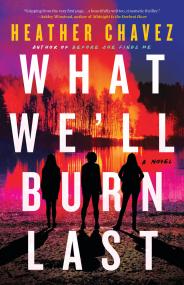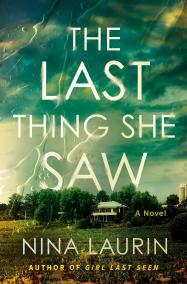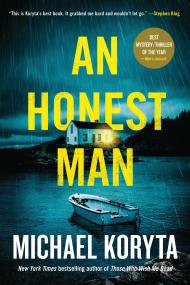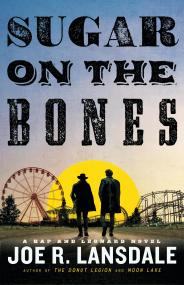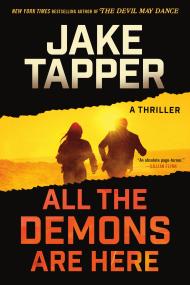How to Sell a Haunted House
Formats and Prices
Format
Format:
HardcoverThis item is a preorder. Your payment method will be charged immediately, and the product is expected to ship on or around January 17, 2023. This date is subject to change due to shipping delays beyond our control.
Also available from:
“Wildly entertaining.”-The New York Times
“Ingenious.”-The Washington Post
New York Times bestselling author Grady Hendrix takes on the haunted house in a thrilling new novel that explores the way your past–and your family–can haunt you like nothing else.
When Louise finds out her parents have died, she dreads going home. She doesn’t want to leave her daughter with her ex and fly to Charleston. She doesn’t want to deal with her family home, stuffed to the rafters with the remnants of her father’s academic career and her mother’s lifelong obsession with puppets and dolls. She doesn’t want to learn how to live without the two people who knew and loved her best in the world.
Most of all, she doesn’t want to deal with her brother, Mark, who never left their hometown, gets fired from one job after another, and resents her success. Unfortunately, she’ll need his help to get the house ready for sale because it’ll take more than some new paint on the walls and clearing out a lifetime of memories to get this place on the market.
But some houses don’t want to be sold, and their home has other plans for both of them…
Like his novels The Southern Book Club’s Guide to Slaying Vampires and The Final Girl Support Group, How to Sell a Haunted House is classic Hendrix: equal parts heartfelt and terrifying–a gripping new read from “the horror master” (USA Today).
- On Sale
- Jan 17, 2023
- Page Count
- 432 pages
- Publisher
- Berkley
- ISBN-13
- 9780593201268
By clicking 'Sign Up,' I acknowledge that I have read and agree to Hachette Book Group’s Privacy Policy and Terms of Use
